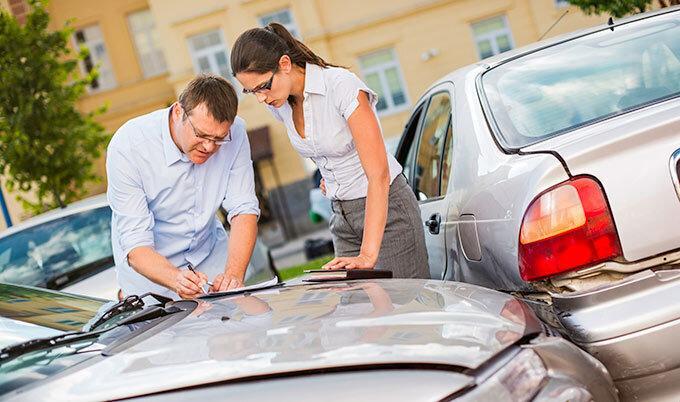
Before an Accident
1: Have Proper Insurance Coverage – Different drivers have different needs. Know your situation, or discuss with a knowledgeable insurance professional or trusted injury attorney, to ensure that you and your loved ones are protected. Technically, there is no such thing as “full coverage” so please understand whether you simply comply with minimum state liability requirements or if you have any of the numerous, additional protections in place.
2: Keep All Documents in the Car – To avoid any hassle or future penalties, we recommend keeping your driver’s license, insurance card, and registration in your vehicle. You do not need to have your actual insurance policy and declarations page in your vehicle, but please ensure that you have copies safely secured at home or via the internet / an electronic device.
3: First Aid – You don’t need any specialized medical training, although simple first aid training and CPR certifications are highly encouraged. However, you should have a first aid kit in your vehicle. We recommend purchasing a kit specifically designed for motor vehicles / motorcycles, which typically include safety items such as flashlights and/or flares, in addition to the usual gloves, antiseptic wipes, and bandages.
During an Accident (At the Scene)
1: Stay Calm – After a crash, this might sound like strange advice, but it’s very important to remain calm. You may feel the adrenaline pumping or feel extremely anxious, but remember to breathe, sit still for a moment, and gather your thoughts so that you can make wise decisions. We want you to successfully care for yourself, your loved ones, and others that might have been injured in the crash.
4: Call an Ambulance – If anyone is seriously injured, you/they should remain calm and wait for Emergency Medical Services. It is important to seek medical attention immediately. Even if you feel fine, if you’ve been involved in a significant crash, you should definitely seek medical evaluation and/or diagnostics to confirm that there are no serious injuries or problems that might develop or worsen later. Better safe then sorry, as the saying goes.
5: Phone the Police – No matter how minor the accident, get the police involved so there is an official record of the accident. It is quite normal to exchange insurance information, but your best bet to avoid any problems later is to get the police involved immediately. We know that it can take a long time for the police to arrive, but you should remain patient and wait, as long as it takes.
7: DO NOT – Believe it or not, some of the most common mistakes after an accident occur at the scene itself. For example, you should NEVER:
- Admit fault,
- Sign papers (except police forms/documents when applicable),
- Allow the other driver to photograph your registration or license,
- Discuss the incident with anyone other than the police, or
- Leave the scene before the police arrive or before other involved parties have left the scene.
After an Accident
6: Get Your Car Evaluated – How much damage did your vehicle sustain as a result of the collision? A valuation by an independent collision center will help determine this important information. This is a very important component of your claim that is often overlooked, misunderstood or neglected, and that most personal injury law firms do not assist with. Contact Lebovitz Law Group to learn more. In addition, if you are in a rental, be advised you have a duty to keep your rental expenses to a minimum. The insurance company is only responsible for those charges they deem to be reasonable and necessary. Should you decide to add insurance to the rental contract, be advised that this may not be reimbursable, as your own automobile policy should cover you while you are in the rental. If you do not carry full coverage on your own vehicle, however, please let us know. Keep in mind that excessive and/or optional rental charges are not reimbursable.
9: Social Media – If you engage in social media accounts such as Facebook, Twitter, Instagram, LinkedIn, Snapchat, TikTok, or any other platofrm or network, we recommend that you DO NOT post or comment about your accident or the status of your case. We also recommend that you change your privacy settings to private. Please note that ANYTHING you post on these social media networks (even if not accident related) can be used against you in your accident case.
As an Arizona accident and injury victim, our legal team at Lebovitz Law Group can help you get maximum compensation from the negligent party.
We work on a contingency fee basis, meaning you don’t pay us until we win your case. Contact us today for a free case review.
Sort by Category
Related Posts
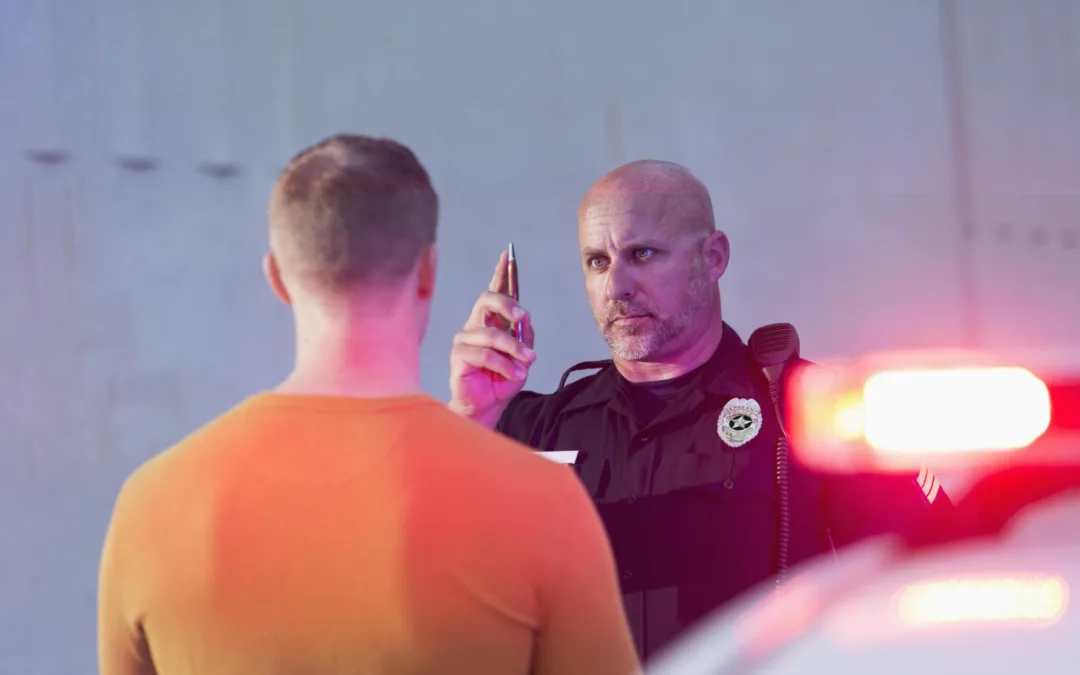
DUI Laws and Substance Abuse in Arizona: Navigating the Complex Landscape
Driving under the influence (DUI) in Arizona is not just a legal issue; it's a deeply entrenched societal challenge that tests the boundaries of law enforcement and public health. In Arizona, known for its particularly stringent DUI laws, this issue takes on a unique...
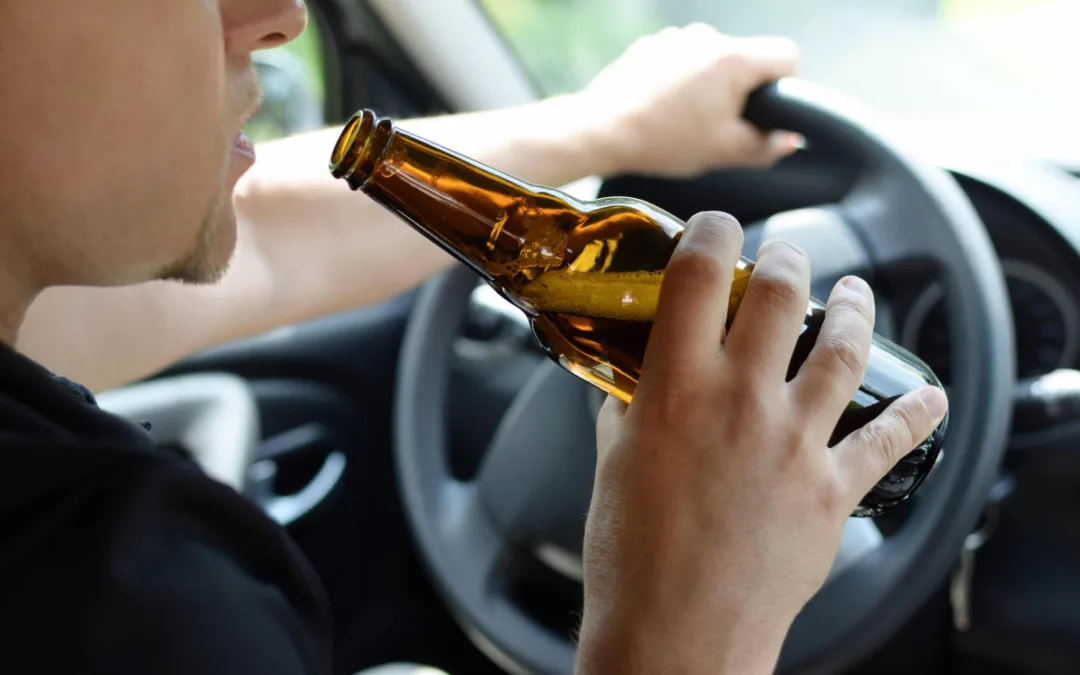
The Spectrum of Alcohol Impairment: Buzzed vs. Drunk Driving and Their Legal Consequences in Arizona
The conversation around impaired driving often centers on the terms "drunk driving" and the adage "buzzed driving is drunk driving." This dialogue evokes strong opinions and legal debates, particularly in the United States, where the ongoing dilemma of determining at...
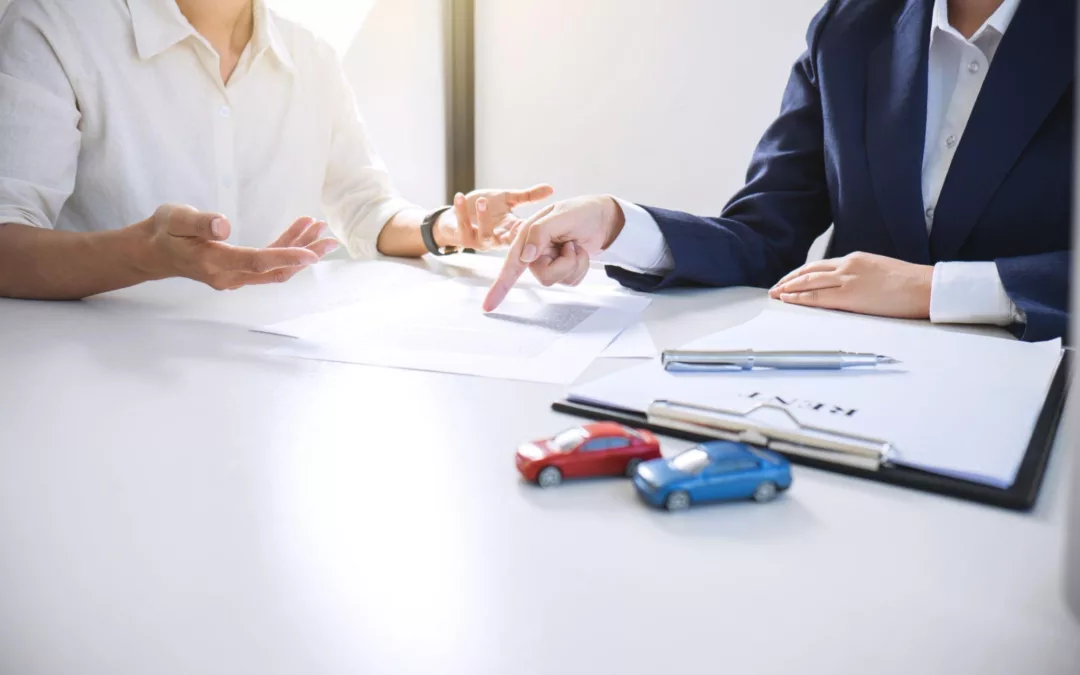
The Truth About ‘Full Coverage’ Auto Insurance in Arizona: A Legal Perspective
I THOUGHT I HAD FULL COVERAGE!?! As a personal injury attorney, I can’t tell you how many times a client in a collision tells me they thought they had “full” coverage, only to learn they did not. What exactly is full coverage? Well, it means different things to...
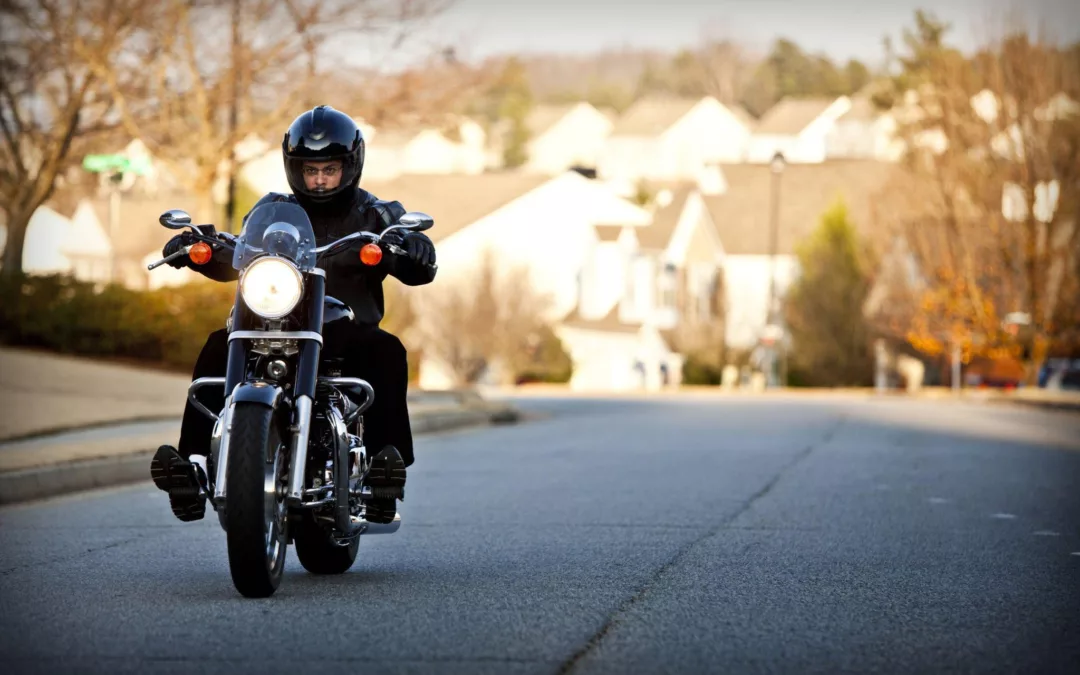
Legal Rights and Responsibilities of Motorcyclists on the Road in Arizona
Legal Rights and Responsibilities of Motorcyclists on the Road in Arizona Riding a motorcycle in Arizona can be an awesome experience. There's nothing quite like the feeling of the wind in your face as you cruise through the state's beautiful landscapes. However,...
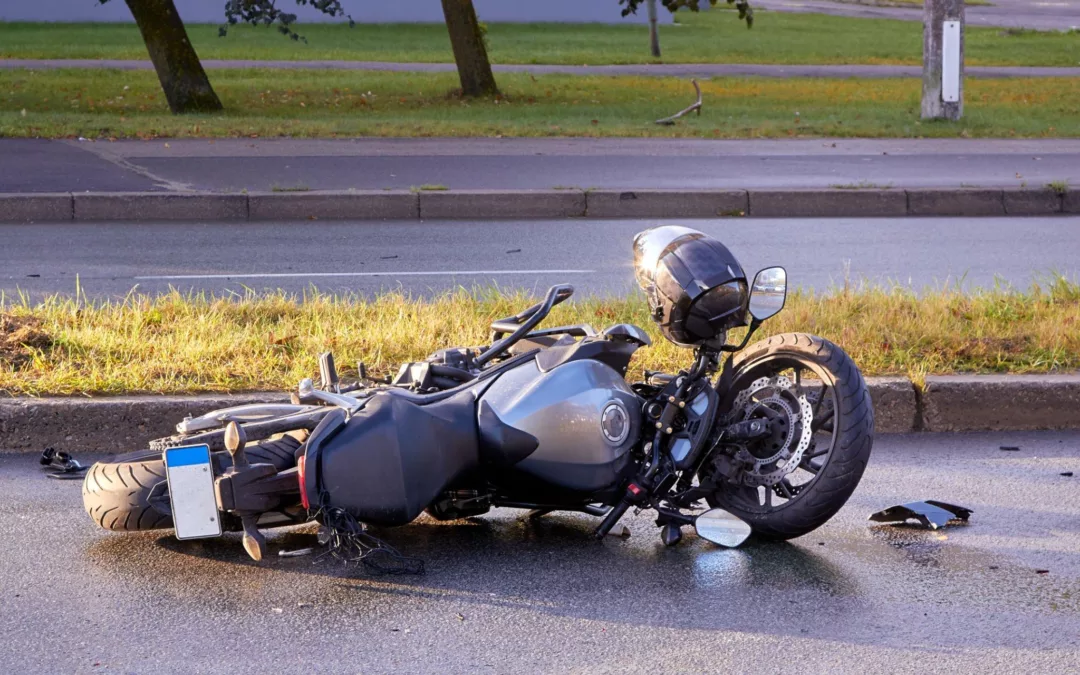
Motorcycle Insurance in Arizona: Your Biker’s Safety Net
Riding a motorcycle in Arizona is a thrilling experience, but it comes with its share of risks. Accidents can happen, and when they do, having the right insurance coverage is like having a loyal friend by your side. In Arizona, it's not just about peace of mind; it's...
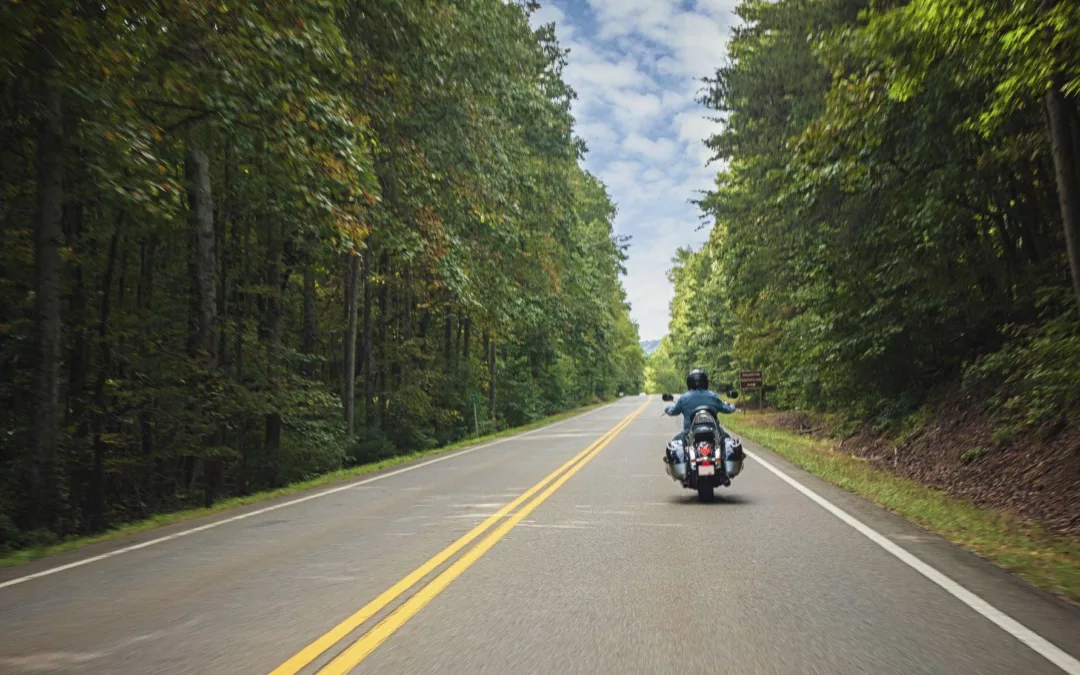
Destination Safety: Choosing Routes to Minimize Motorcycle Accident Risks
There's something truly special about cruising on a motorcycle, feeling the wind in your hair as you explore the open roads. But let's face it, riding a motorcycle comes with an added responsibility – staying safe. Motorcycle accidents can be incredibly devastating,...
